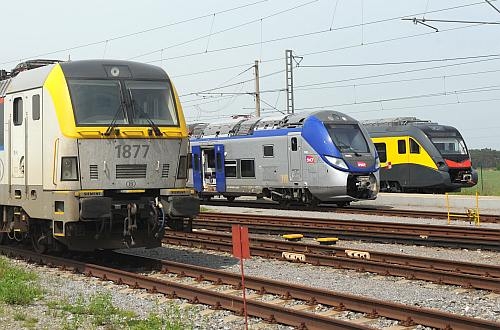The agreement, which was reached in the ninth trilogue meeting with the parliament, will significantly expand the role of the European Railway Agency (ERA) and changes to existing legislation on interoperability and safety, which are intended to remove the barriers to the European Commission's objective of creating a single European rail area.
The Fourth Railway Package will make ERA a 'one stop shop' for authorising new rail vehicles, a process which currently costs up to €6m and can take up to two years to complete. ERA would also be responsible for issuing safety certificates for train operators – a role currently performed by national safety authorities (NSAs) of the member states – and authorisations for train control and signalling systems.
In addition, ERA will monitor national railway rules and the performance of national authorities; provide independent and objective technical support, principally to the EC; and ensuring the consistent development of ERTMS.
The proposal on interoperability is intended to provide a dual system of authorisations with clear separation of responsibilities between ERA and the NSAs. ERA would issue authorisations for rolling stock used internationally, based on assessments carried out by national authorities.
The agreement still needs to be ratified by the member states, and the presidency will present the agreed texts to the member states' ambassadors at the Permanent Representatives Committee on June 24.
The European Parliament is seeking for the new rules to come into effect within three years of the legislation being passed, although member states will be allowed to seek one extension from the ERA and the EC if required.

